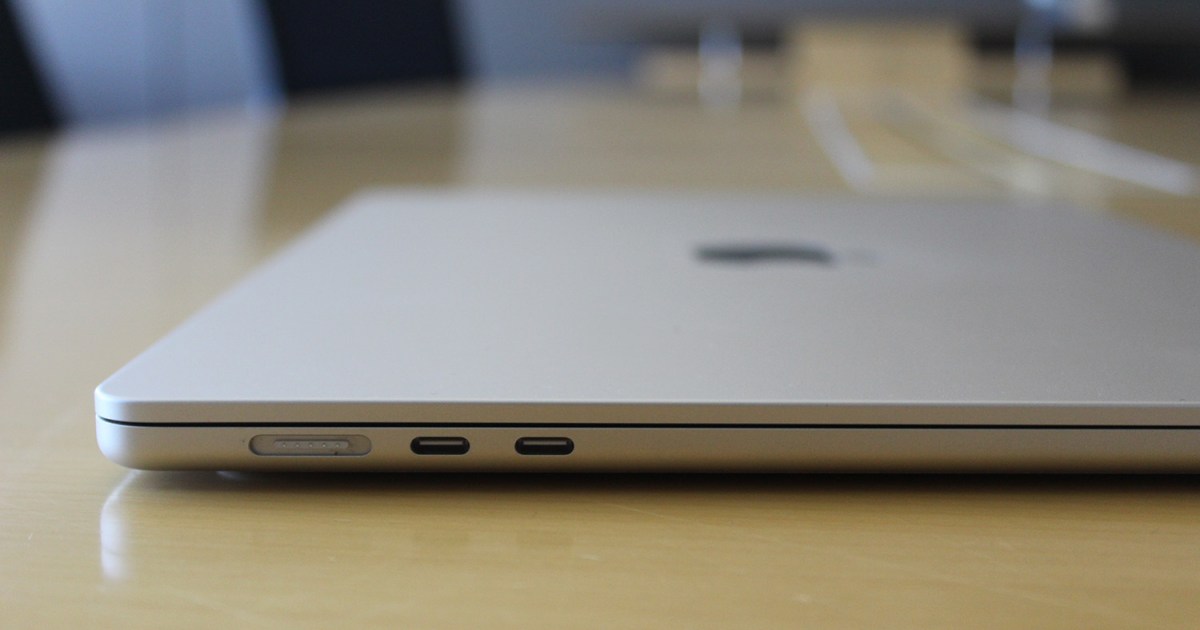Rumors are running rampant about a supposed PlayStation 5 Pro, or PS5 Pro for short. Just like we got a mid-generation upgrade with the PS4 Pro during the last console cycle, many people are expecting PlayStation to release an incrementally more powerful machine to bridge the gap between the launch unit and an eventual PlayStation 6. Leaks have been coming out from some fairly credible sources, with a lot of juicy and very specific details about what a hypothetical PS5 Pro could look like. As credible as these sources may be, we do still need to take everything we see with some skepticism until Sony officially confirms that this system even exists. Until then, here are all the rumors out there regarding the PS5 Pro.
Rumored release window
A constant release window that all leaks have pointed to is sometime in Fall of 2024. That’s right around the corner, probably in the September through November range, meaning we should be getting an official announcement on the console if that is indeed the plan. It appears that PS5 Pro dev kits are now in the hands of more developers, who have been asked that PS5 Pro-enhanced games be submitted for certification in August. These developments point toward a 2024 release.
Jeff Grubb went so far as to specifically say it would be released in September as well. The speculation is that Sony wants the console out in time for, or ahead of, the launch of the upcoming Grand Theft Auto 6 to encourage sales for the best performance on what will no doubt be the biggest game of the year, if not the generation.
As we get closer to fall 2024 with no official word from Sony on the PS5 Pro, Tom Henderson has spoken out to clarify that all of the documentation he has seen has not implied any delays. He also claims developers are still working in secret with testing kits to have games ready to take advantage of the new hardware at launch.
Price
There have been no leaks about how much the PS5 Pro will cost, but it is safe to assume it will cost more than the current models. How much more? We speculate at least a $100 bump in price to $600 or more.
Specs
Here’s where we need to get technical for a second. The latest set of leaks from Moore’s Law is Dead, which was corroborated by IGN and Insider Gaming, list the PS5 Pro as having 67 teraflops of compute power compared to the base unit’s 10.28 teraflops. In terms of memory, we may be jumping from 448GBs to 576GBs and a 10% faster CPU speed.
Tom Henderson has reported that a big focus of the PS5 Pro’s new power will be in service of ray tracing and rendering speeds. Rendering speeds could see a substantial 45% speed increase, and the console may even be able to support 8K graphics. It is also highly suggested that a PS5 Pro would not force players to choose between any graphics or performance modes, but simply offer the best visuals at the highest framerates by default.
While not stated by any leakers, it is a widely accepted fact that, should this console be real, it will continue to run all existing PS5 games and won’t have any games exclusive to it. We may also see better PSVR2 performance, but that isn’t being as talked about as widely.
The Verge also claims to have obtained information about what is required for games to get an “enhanced” label for the PS5 Pro. Despite what many hoped, an improved frame rate is not required for the label. Instead, any game that either increases the target resolution that runs at a fixed resolution or game that raise the target resolution that runs at a variable resolution is eligible for the “enhanced” label. Another way to get the label is to enable ray tracing effects and no other improvements. Finally, a game that previously ran at 30 FPS but is boosted to 60, with no other changes, can also be eligible for the label. This leaves a lot of different avenues for developers to qualify for the “enhanced” label that gamers will need to pay attention to in order to know exactly what type of improvements there will be.
The latest report comes from Digital Foundry, which claims new information suggesting the PS5 Pro will have 33.5 teraflops compared to the base unit’s 10.23, which would be a 227% increase. However, because of a lot of technical things we don’t fully comprehend, not all of that power will actually be usable and it will end up being a roughly 45% boost to performance. It was also said that the L0 and L1 caches, which are responsible for GPU performance, will double from 16KB to 32KB and 129KB to 265KB. That means ray tracing will get a nice performance boost.








